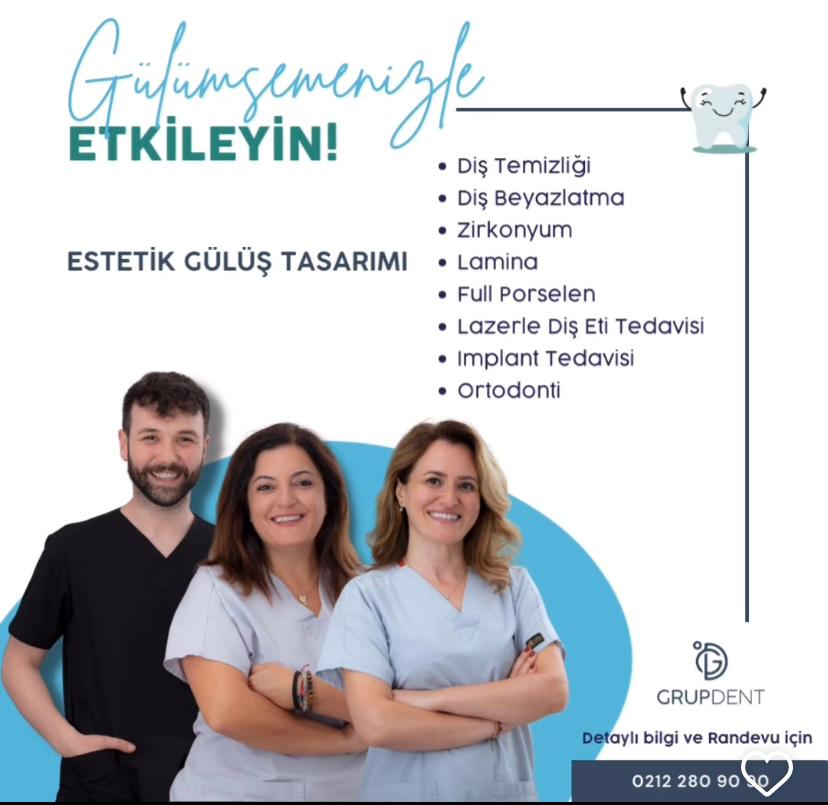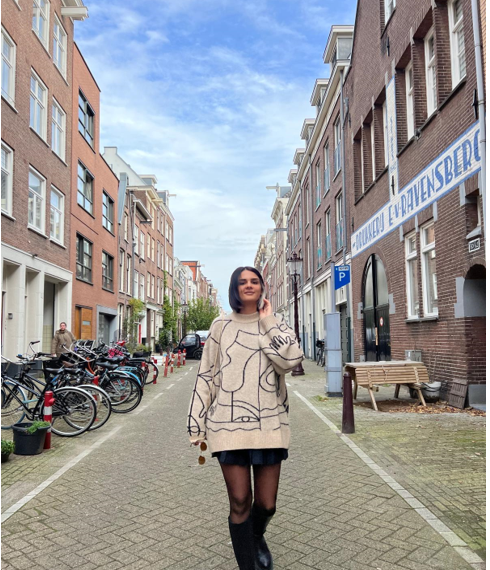
I’m Selina, writing from Vienna. From now on, I’ll be contributing monthly articles for ArtTmodernmiami. I’m pursuing my master’s degree in clinical psychology after completing my bachelor’s. I grew up with both Turkish and Austrian cultures, and this mix is a big part of who I am. Since starting my psychology journey, I’ve been fascinated by understanding the human mind.

While psychology has always fascinated me, my internship in a psychiatric ward truly helped me understand the field’s deeper challenges and the real impact it can have on people’s lives.

“So, why psychology?” My answer is simple. Helping others just feels natural, so psychology seemed like the perfect fit. It aligns with my communication style and my approach to understanding others. It wasn’t about being wise or knowing exactly what others needed, but about the effort I put into trying. The idea of offering people a new perspective, backed by scientific knowledge, drew me to this field.
In the future, I hope to become a clinical psychologist and work closely with patients to improve mental health care.
Reality Check: Internship in a Psychiatric Hospital:
What motivates a person to make life-altering decisions? My internship in a psychiatric hospital in Istanbul gave me a glimpse into this world. After years of theory at university, my fellow students and I were eager and curious to see what working in the field of psychology and psychiatry would be like. I was ready for my internship, excited to finally apply the knowledge I had gained. But I also questioned myself—how would I feel emotionally when confronted with people who were truly struggling? Initially, it was challenging, and I felt like I was stepping into completely new territory. However, after a short time, I began to adjust and find my rhythm.
In this hospital, I had the opportunity to interact with patients suffering from alcohol and drug addiction, as well as those with psychological disorders like Bipolar Disorder, Schizophrenia, Major Depression, Postpartum Depression, Borderline Personality Disorder, etc. In the nursing home, there were also patients with mental health issues, though not all of them.
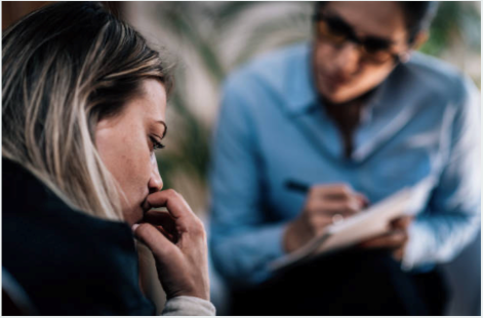
One patient let’s call him “Patient B”, who was struggling with drug addiction after losing his father, came to the hospital solely with the motivation and support of his little brother. I had the opportunity to observe him from his first to his last day, and it was fascinating to witness the drastic emotional shifts he experienced. Almost every patient had these emotional ups and downs, constantly. Initially, he was completely pessimistic—lacking faith in therapy, devoid of hope for the future, and he did not even like us, the interns. But over time, he improved and became more hopeful. We eventually had some of the most meaningful conversations, though he still expressed curiosity about drugs.
One common phrase I heard from Patient B, and a couple of others, was: “After I leave the hospital, I’ll go back to the same environment surrounded by drugs, just to test myself.” It was striking to hear, but I could see in their eyes that they were likely to use it again.
One day, a former patient, Mr.X returned to the hospital. Surprised, I asked, “Mr. X, what brings you here today?” He replied, “I did it again. I couldn’t succeed before, but I’m here of my own free will this time. I want to quit.” He seemed different, more determined than ever. He felt sad about himself, yet he was certain. In that moment, I realized something crucial: true healing only happens with free will. No matter how dire the situation is, if you don’t want to heal, you won’t.”
Patient B came from another city of Turkey solely for his rehabilitation in Istanbul. Through him, I learned a valuable lesson about patience. From day one, he was extremely pessimistic. When I first met him, I was surprised by how negative someone could be. Yes, we all have bad days or even confront negative life phases, but his lack of hope was striking. He repeatedly said, “I’m suffering so much. You can’t understand me. Have you ever used cocaine? You can’t know that feeling.”
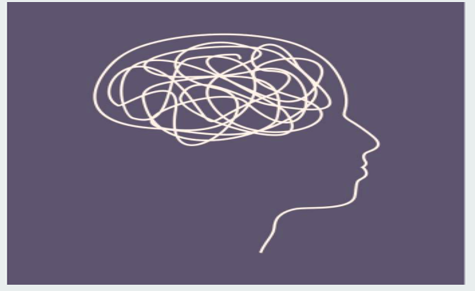
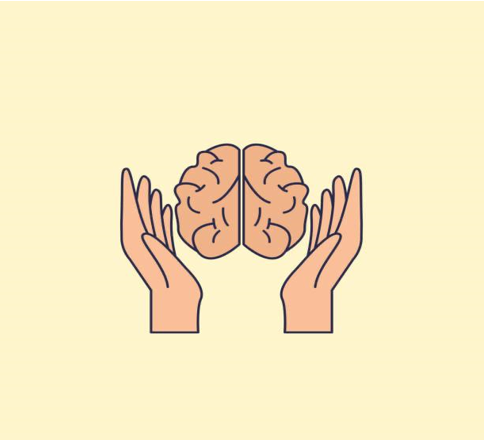
Patience Is Key:
Over time, though, I saw changes. He began to smile, engage with us, and even participate in group games. He had many ups and downs—moments of silence followed by moments of openness. Eventually, he began sharing his stories, talking about his drug use and the fleeting satisfaction it brought him. Then, he opened up about his emotions. His stories were heartbreaking, and I never expected someone who seemed so tough to be so sensitive. But it reminded me that even the strongest individuals can be deeply vulnerable and hurt.
This experience deepened my desire to continue working in clinical psychology. I faced many challenges, during my internship but it only increased my curiosity. Working with addiction requires immense patience and persistence. Addiction is a deeply personal struggle, and I came to understand how difficult it is for someone to accept their situation, vocalize their challenges, and maintain positivity—or even neutrality—throughout their recovery journey.
Looking ahead, I can envision myself working with individuals struggling with addiction in collaboration with psychiatrists. The complexity of addiction, combined with the human will to change, is something I’m eager to explore further in my future career as a clinical psychologist. How far would you go to change your life for the better?
Master Student in Clinical Psychology Selina Demir

Contact information:
Name: Selina Demir
E-Mail: selinademir.aut@gmail.com
Instagram: selina.demr

